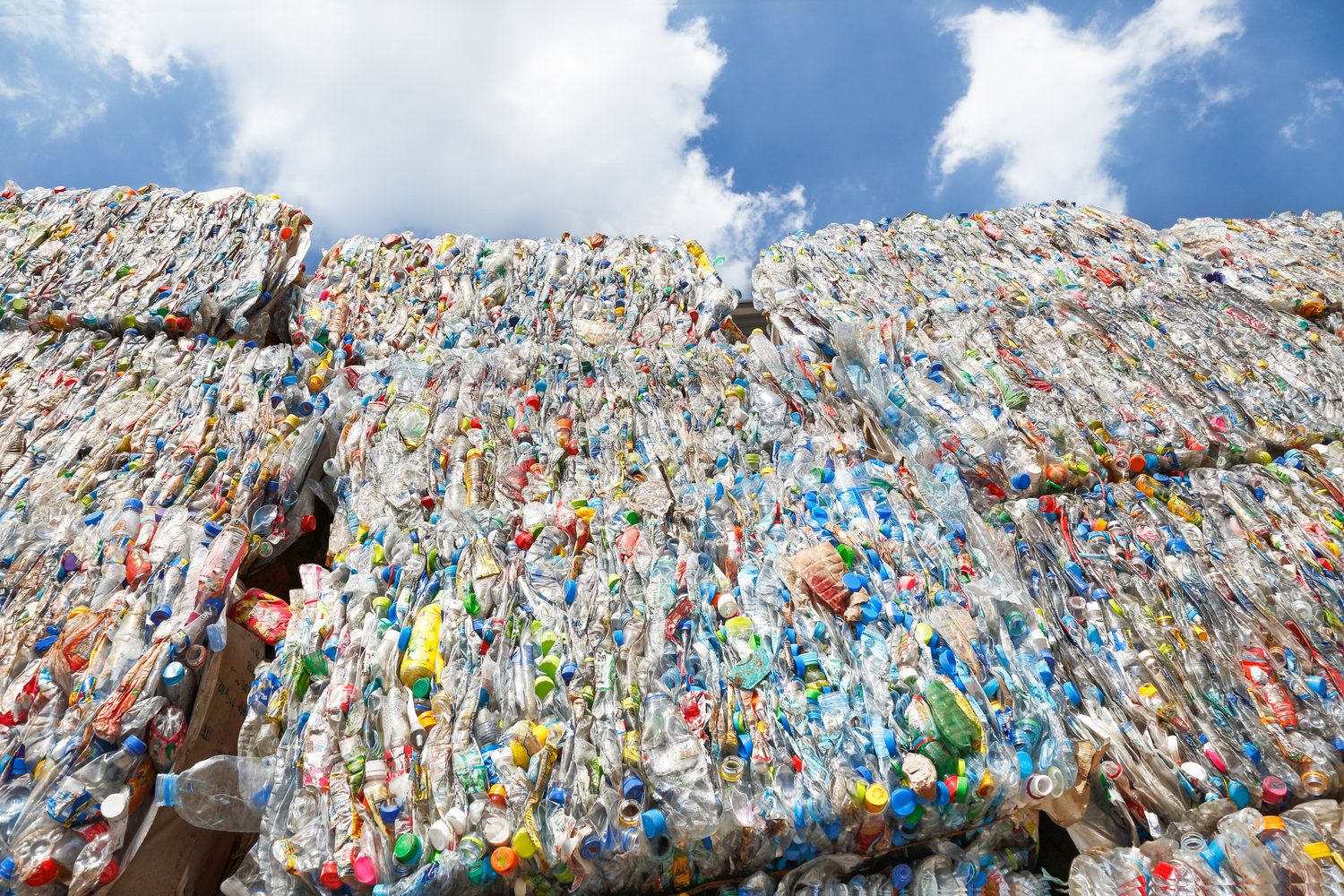
Experts and advocates widely agree that humans are generating waste worldwide at levels that are unmanageable and unsustainable.

Plastic pollution in the world's oceans has reached "unprecedented levels" over the past 15 years, a new study has found, calling for a legally binding international treaty to stop the harmful waste.

A new study outlines the use of a specially created enzyme variant that vastly reduces the time it takes to break down the components of plastics.

At 42m metric tons of plastic waste a year, the US generates more waste than all EU countries combined. Recycling infrastructure has failed to keep pace with the huge growth in American plastic production.

In the US, 17m barrels of oil are needed to produce the plastic to meet annual bottled water demand. Bottled water in the UK is at least 500 times more expensive than tap water.

A new report presents a summary of international research on the health impacts of endocrine-disrupting chemicals and describes the alarming health effects of widespread contamination from them in plastics.

Despite efforts to export plastic waste for recycling, almost one-third of it leaving Europe isn't getting recycled at all. It is estimated that there are currently more than 150 million metric tons of plastic waste in the ocean.

Even if governments around the world meet their ambitious global commitments, worldwide annual emissions to rivers, lakes and oceans could be as much as 53 million metric tones by the year 2030.

Recent study revealed that ocean plastic pollution will triple by 2040 if nothing is done to stop it. That translates to a horrifying 50 kilograms of plastic per 1 meter of shoreline.

Almost one billion tonnes of plastic will be dumped on land and in the oceans over the period from 2016 to 2040 unless the world acts, say a team of 17 global experts.

A recent clean-up operation by Ocean Voyages Institute has removed around 103 tons of fishing nets and plastics trash from the Great Pacific Garbage Patch in between the coasts of California and Hawaii.

The masks are made of the plastic polypropylene, which is not easily biodegradable. The accumulation of discarded face masks litters the environment and poses serious risks to the equilibrium of habitats and the health of wildlife.

According to a recent study, up to 1.9 million pieces of microplastic is located in a 5 cm-thick layer covering just one square metre. It is the highest levels of microplastics yet recorded on the ocean floor.

It seems we're releasing anywhere around 10 to 30 nanograms of plastic fragments just a few nanometres across for every 3 metres (about 10 feet) of plastic we break apart.